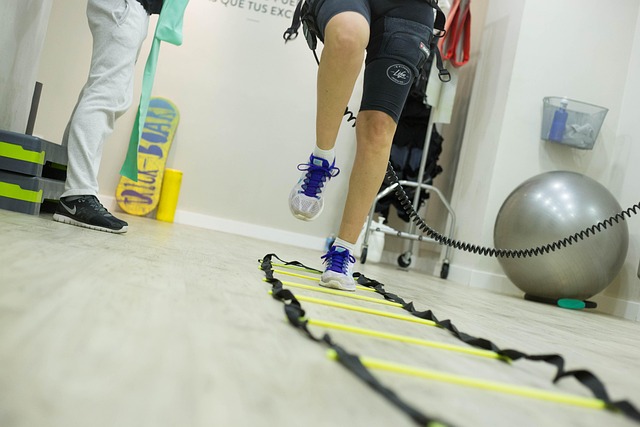Unlocking Endurance: The Power of Sport Psychology in Fitness Training
When we think about endurance, what often comes to mind is a grueling marathon, an intense cycling session, or a heart-pounding triathlon. However, the secret to enhancing our physical capabilities lies not solely in physical training but also in the untapped potential of sport psychology. This branch of psychology delves deep into the mental aspects of sporting performance, revealing how our thoughts, emotions, and attitudes can significantly influence our fitness training and overall health.
The Connection Between Mind and Body
Imagine pushing through that final mile of your run, legs burning, lungs gasping for air. In that moment, the mental battle begins. Drawing upon the principles of sport psychology, we learn how to recognize those self-doubts and transform them into motivating affirmations. It’s about cultivating a mindset where your body can follow what your mind believes. Training the mind is just as crucial as training the body. Techniques such as visualization, where you see yourself succeeding, can create a mental image that propels you forward when the physical challenge becomes daunting.
Setting the Right Goals
Effective training requires setting appropriate and achievable goals. Here, sport psychology plays a vital role in formulating these goals to be not only realistic but also meaningful. Rather than focusing solely on the outcome, such as completing a race, incorporating process-oriented goals can create a healthier focus on the training journey. For example, aiming to improve your running form or increase your workout frequency can lead to significant long-term benefits. This perspective fosters resilience and ensures that fitness becomes a sustainable lifelong activity.
Overcoming Mental Barriers
Mental barriers can often hinder our progress in fitness. Fear of failure, anxiety about performance, or even the daunting prospect of starting a new workout can block our path to success. Through sport psychology, athletes learn coping strategies to tackle these barriers head-on. Techniques such as mindfulness meditation can help in controlling anxiety and keeping the focus during high-pressure moments. By training our minds to stay present and calm, we can elevate our physical performance to new heights.
Building a Supportive Environment
A key component of enhancing endurance through sport psychology is the influence of our environment and support systems. Surrounding ourselves with positive, like-minded individuals can inspire and motivate us to push through our limits. Whether it be a workout partner, a coach, or a fitness community, the encouragement and camaraderie generated by a supportive network can significantly enhance your health journey. Remember, every small victory counts, and celebrating those achievements collectively can fortify your endurance.
Embracing the Journey
Ultimately, fitness and the pursuit of endurance is not just about the destination but the entire journey. Incorporating sport psychology into your training regime can unlock new levels of performance—and perhaps more importantly—help foster a deeper, more fulfilling relationship with physical activity. Embrace the mental strategies that resonate with you, and witness how they transform your experience in the gym, on the track, or wherever your fitness adventures take you.
In the world of fitness, unlocking endurance goes beyond just physical capabilities. Let the power of sport psychology guide you as you aim for new heights in your health and training endeavors.




